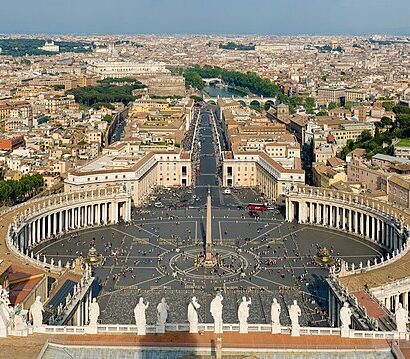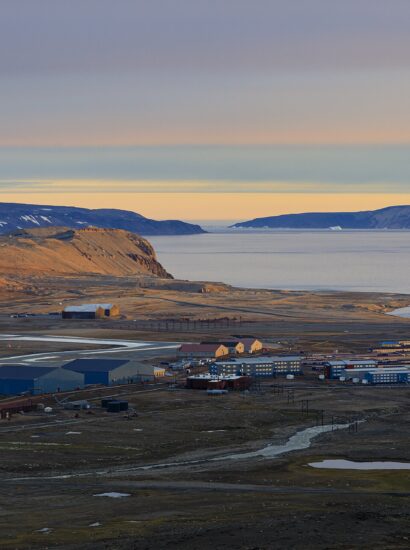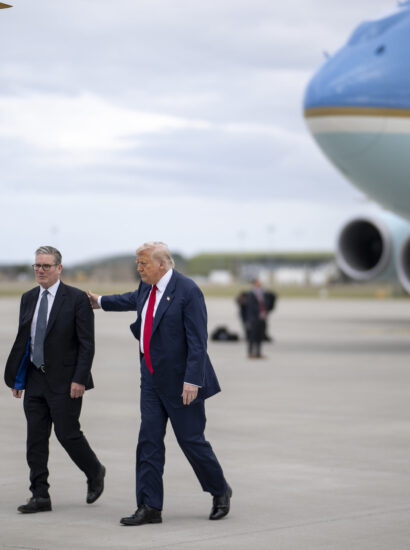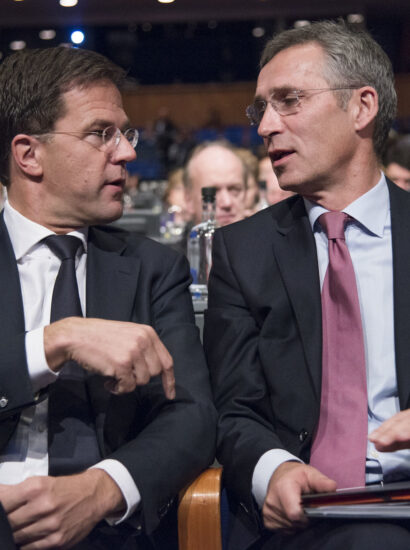Ukrainian premier Volodymyr Zelensky did a tour of broadcast interviews, informal meetings and speeches in the United States last week. He was warmly received by President Biden and his administration, but reactions were mixed at least in other respects.
Fatigue in support, fatigue in the finances in the donors and the primacy of public approval have come into play and Zelensky, the true hero as he is, has done some things he has not. Volodymyr Zelensky’s remarks during his stay in the US show that this time he diverted his focus off the war and onto the societies and political settings inside other parties.
On American broadcaster CBS’s political interview program 60 Minutes, the Ukrainian president touched upon the counteroffensive, military losses, and Russian president Vladimir Putin whom he referred to as “a new Hitler” and actually blamed “Russian society” for lifting him into power. According to Zelensky, Russian people “have lost the respect of the world.” This was definitely something new, considering how pinpoint and cautious, yet direct Ukrainian communication has been, even from the very beginning.
The communications quagmire continued a couple of days later when speaking in front of the United Nations General Assembly Zelensky lashed out at Poland, calling the dispute about grain exports “political theatre”. Polish Prime Minister Mateusz Morawiecki was quick to respond.
“I want to tell President Zelensky never to insult Poles again, as he did recently during his speech at the UN,” he said.
Zelensky has found himself in a very delicate foreign policy situation where most of his partners are in the final stages of their election campaigns or are looking forward to the EU elections next year.
Taunting the already strained public and leadership of his Western allies is not a very smart move because harsh decisions will be easier to bring about and the last thing Ukraine needs is for pro-peace or ceasefire voices to get louder.
Hungary is a given, since Prime Minister Viktor Orban’s government has been campaigning for immediate ceasefire – which would de facto suspend not only hostilities, but also Ukrainian reclaim of Russian-controlled territories – but if the sentiment winds to the other side in Warsaw or Berlin, the counteroffensive will be even harder to continue.
European and Western political relations are not threatened to their core, however, so Zelensky might be able to explain these unfortunate words. What is very dangerous for not only the next 5-7 years, but for decades to come, is insulting the Russian public.
Putin might not stay in power for that long, but the Russian public as a whole will. And if they are deemed as causes of a “second Hitler” and thus become sour towards Ukraine, this conflict will never be resolved and might lump into a cycle.







